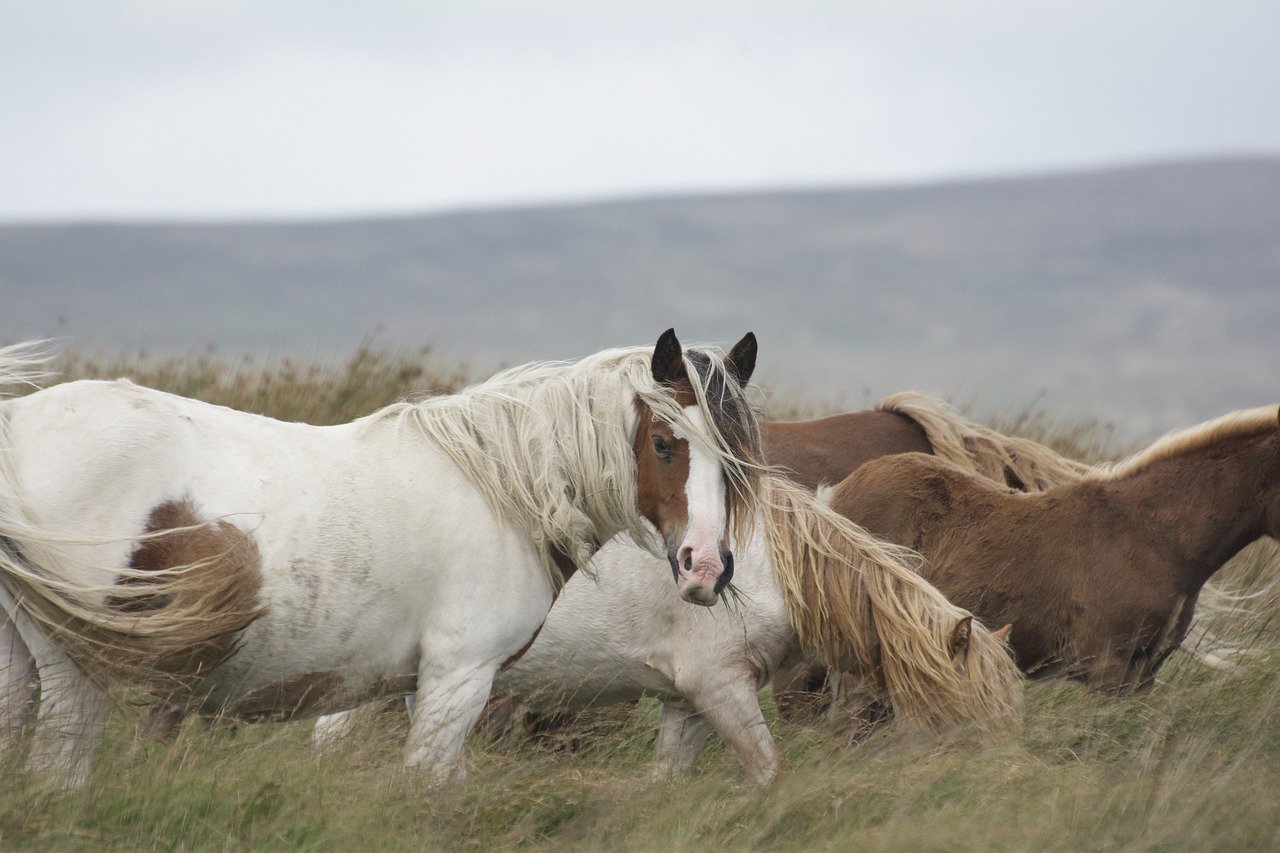Horses, with their majestic demeanor and spirited nature, have captured the hearts of many around the world. These magnificent creatures have long been our companions, serving roles from farm work to competitive sports. However, a question that often arises among horse enthusiasts is: Should horses live free or in stables? Understanding what is best for their spirit requires some understanding of the nuances of both lifestyles.
The Natural Instincts of Horses
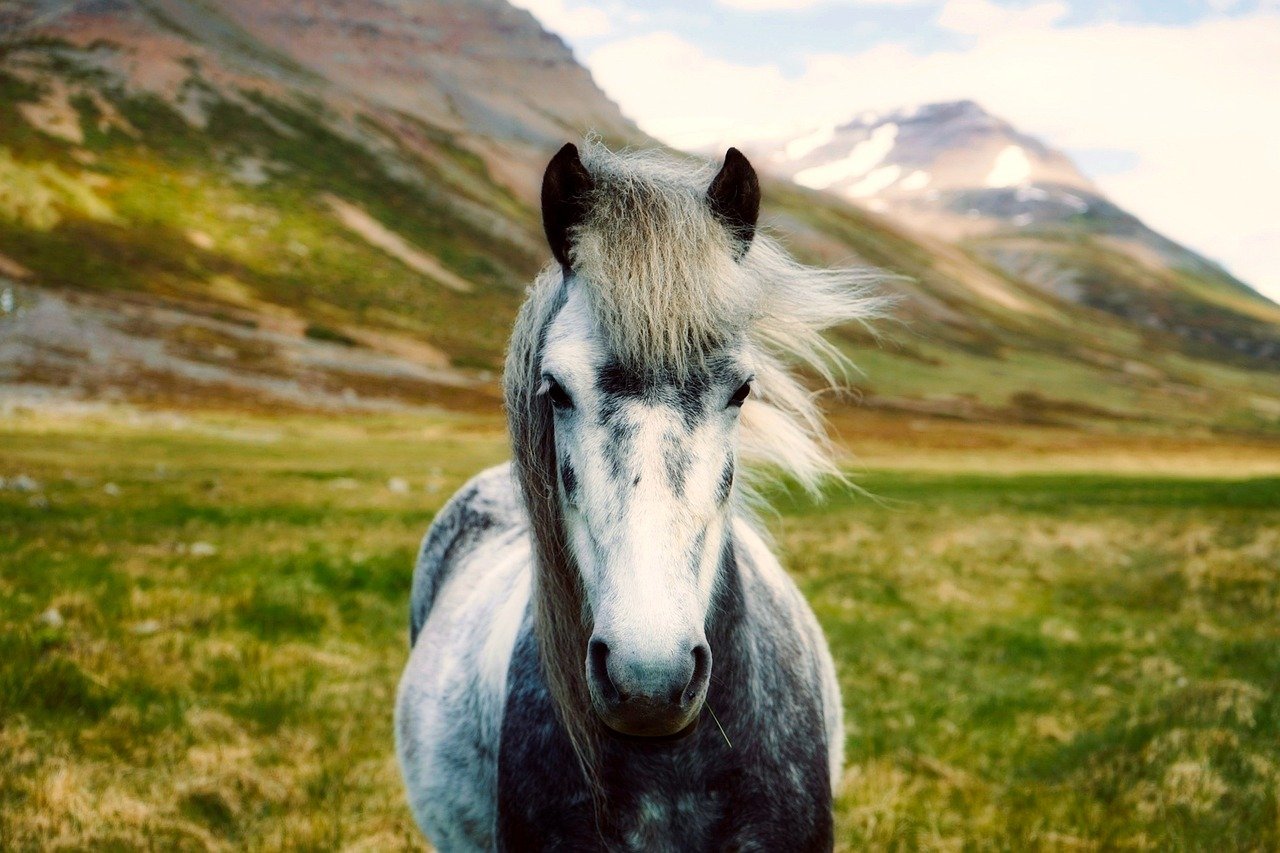
Horses are naturally designed to roam, graze, and socialize in open spaces, but domestication has led many to a life in stables. While some argue that stabling provides safety, controlled nutrition, and protection from harsh weather, others believe that restricting a horse’s freedom can impact its mental and physical well-being. So, what’s truly best for a horse’s spirit—living free in pastures or residing in a stable?
Horses, by their very nature, are social animals. In the wild, they thrive in herds, which provide them with protection, companionship, and a sense of belonging. This social structure is deeply embedded in their instincts. When horses roam free, they can interact with one another, establish hierarchies, and engage in play. These interactions are vital for their mental well-being. Imagine a group of children playing in a park – the laughter, the running around, the shared joy. This is akin to how horses feel when they are free and amongst their peers.
Benefits of Horses Living Free
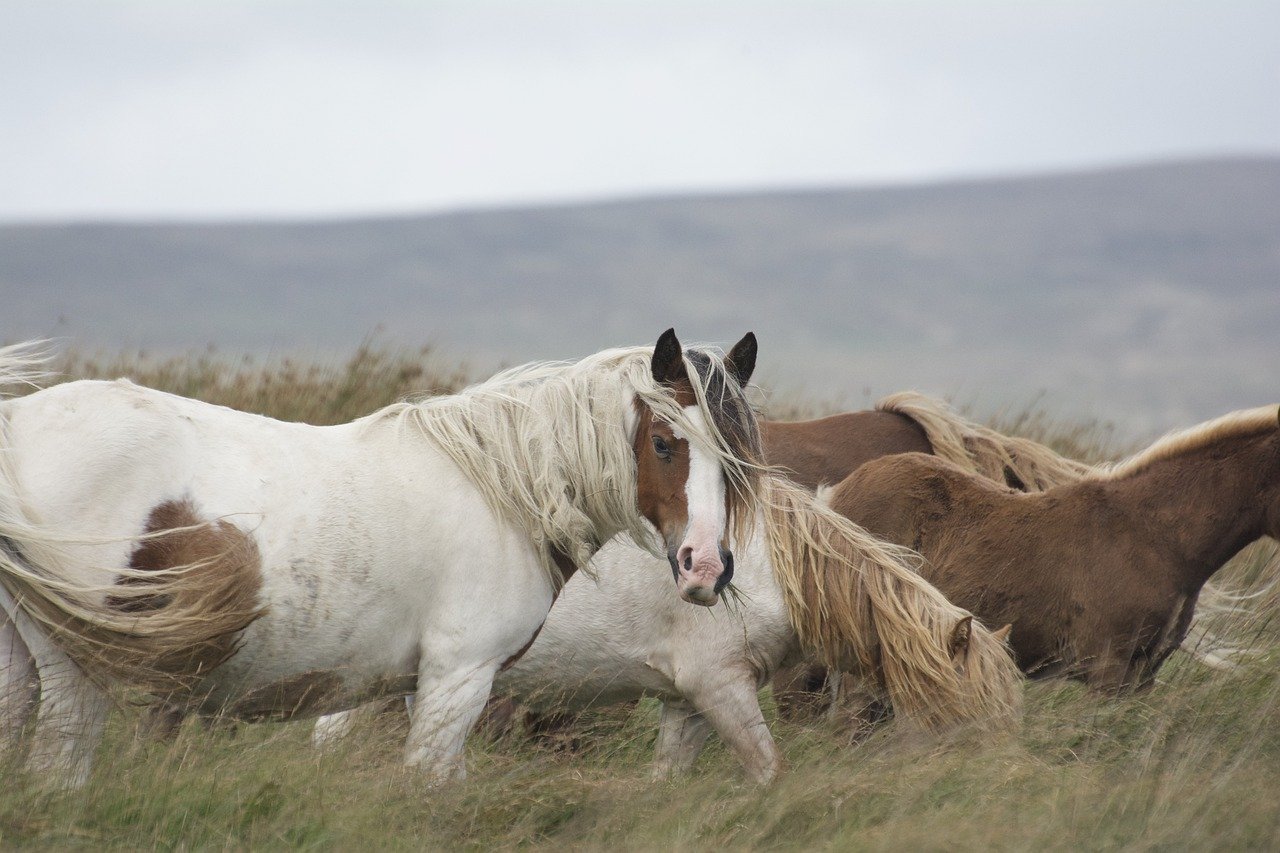
Allowing horses to live free can offer a plethora of benefits. Firstly, they have ample space to move, which is crucial for their physical health. Running, galloping, and grazing provide them with the exercise they need to maintain strong muscles and a healthy cardiovascular system. Fresh air and natural surroundings also contribute to their mental health. Just as humans feel rejuvenated after spending time in nature, horses too thrive in open spaces. Additionally, freedom reduces the risk of stress-related behaviors such as cribbing or weaving, as they can naturally engage in activities they would in the wild.
Challenges of a Free-Range Lifestyle
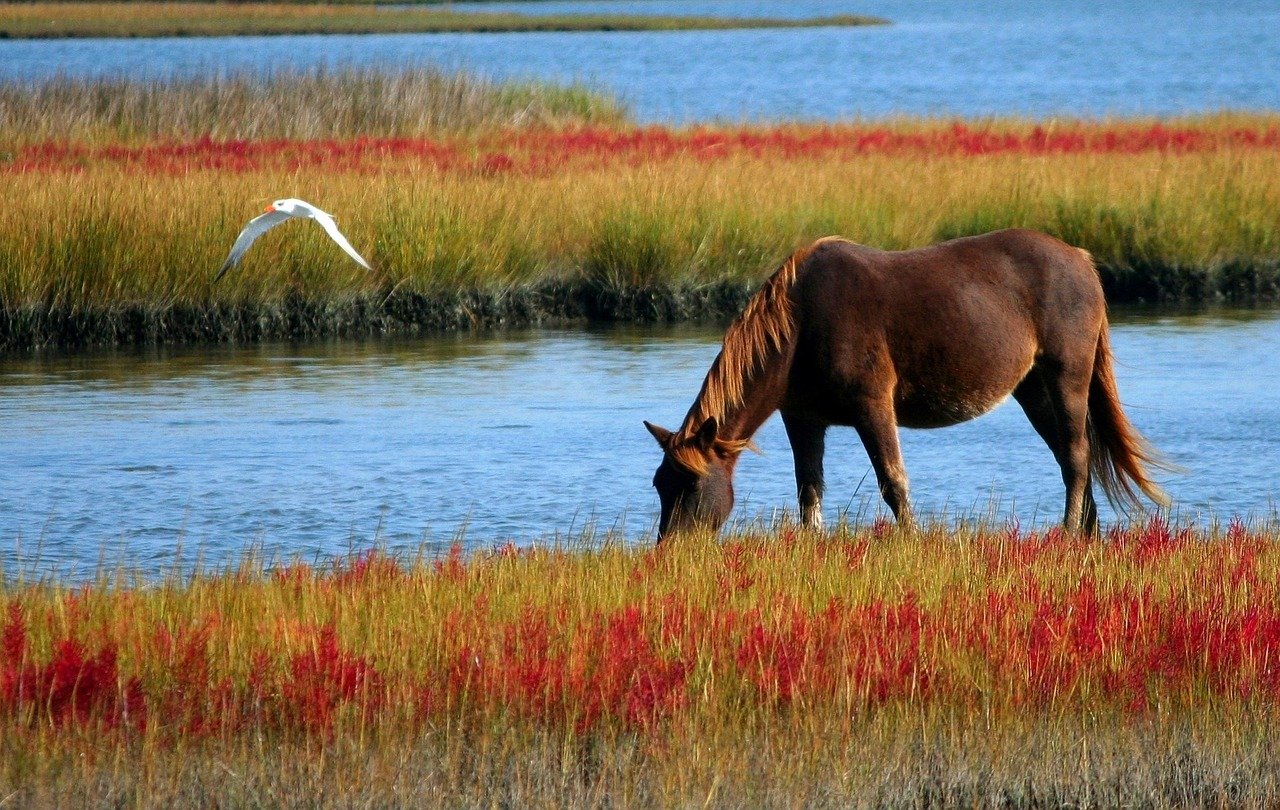
While the idea of horses living free sounds idyllic, it comes with its own set of challenges. In the wild, horses face potential dangers, from predators to harsh weather conditions. While domesticated horses may not face predators, they can still be at risk of injury from other horses or environmental hazards. Moreover, monitoring their health becomes more challenging when they are spread over large areas. Just as a parent worries about their child playing too far from home, horse owners may have concerns about their equines being out of sight.
The Stability of Stables
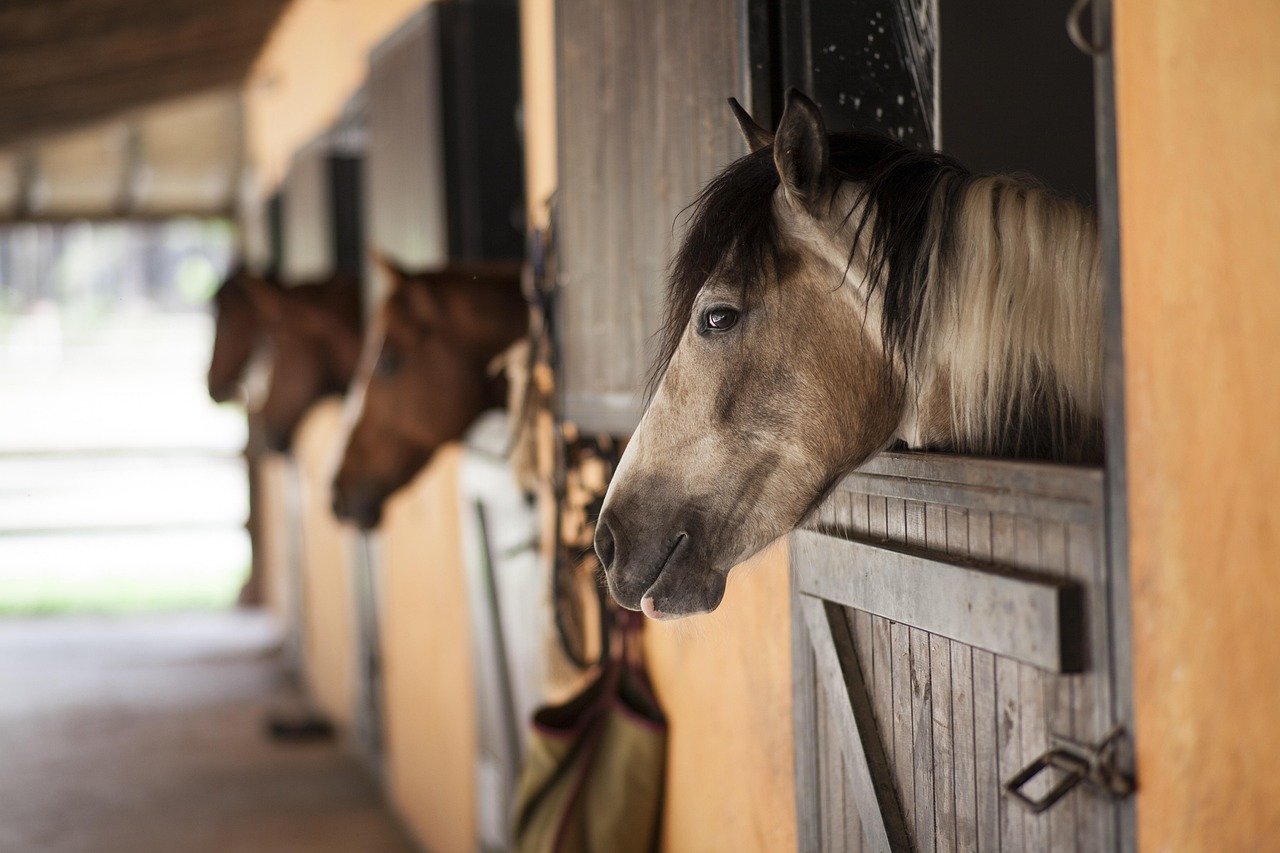
Stables offer a controlled environment where horses can be cared for meticulously. In a stable, horses receive regular feeding, grooming, and medical attention. This controlled setting ensures they are shielded from external dangers and harsh weather. Imagine having a cozy room with all the amenities – it’s comforting, right? That’s how stables can feel for horses. They are protected, and their needs are met consistently, which can be beneficial for their overall health.
Social Interaction in Stables
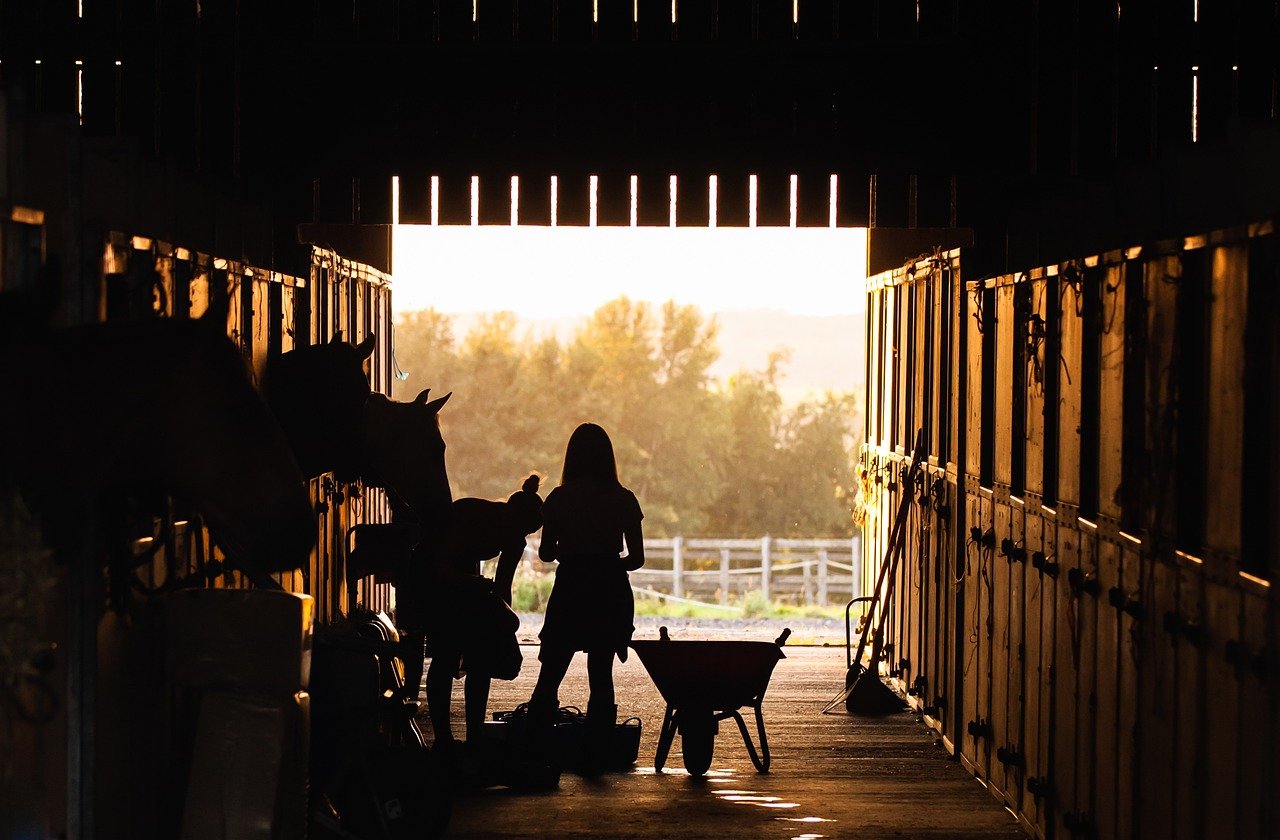
One might argue that stables restrict social interaction among horses. However, many stables are designed with communal areas where horses can interact safely. These spaces allow for social bonding without the risks associated with the wild. It’s akin to having a social club where individuals can meet and interact in a controlled setting. Horses can form bonds and enjoy the company of their peers, ensuring their social needs are met.
The Mental Health Aspect
The mental well-being of horses is as crucial as their physical health. A horse confined to a stable might exhibit signs of boredom or frustration if not given adequate stimulation. Enrichment activities, such as toys, training sessions, and varied routines, can help mitigate these feelings. Think of it as providing puzzles and games to keep the mind sharp and engaged. Horses, like humans, need mental challenges to stay sharp and content.
Balancing Both Worlds
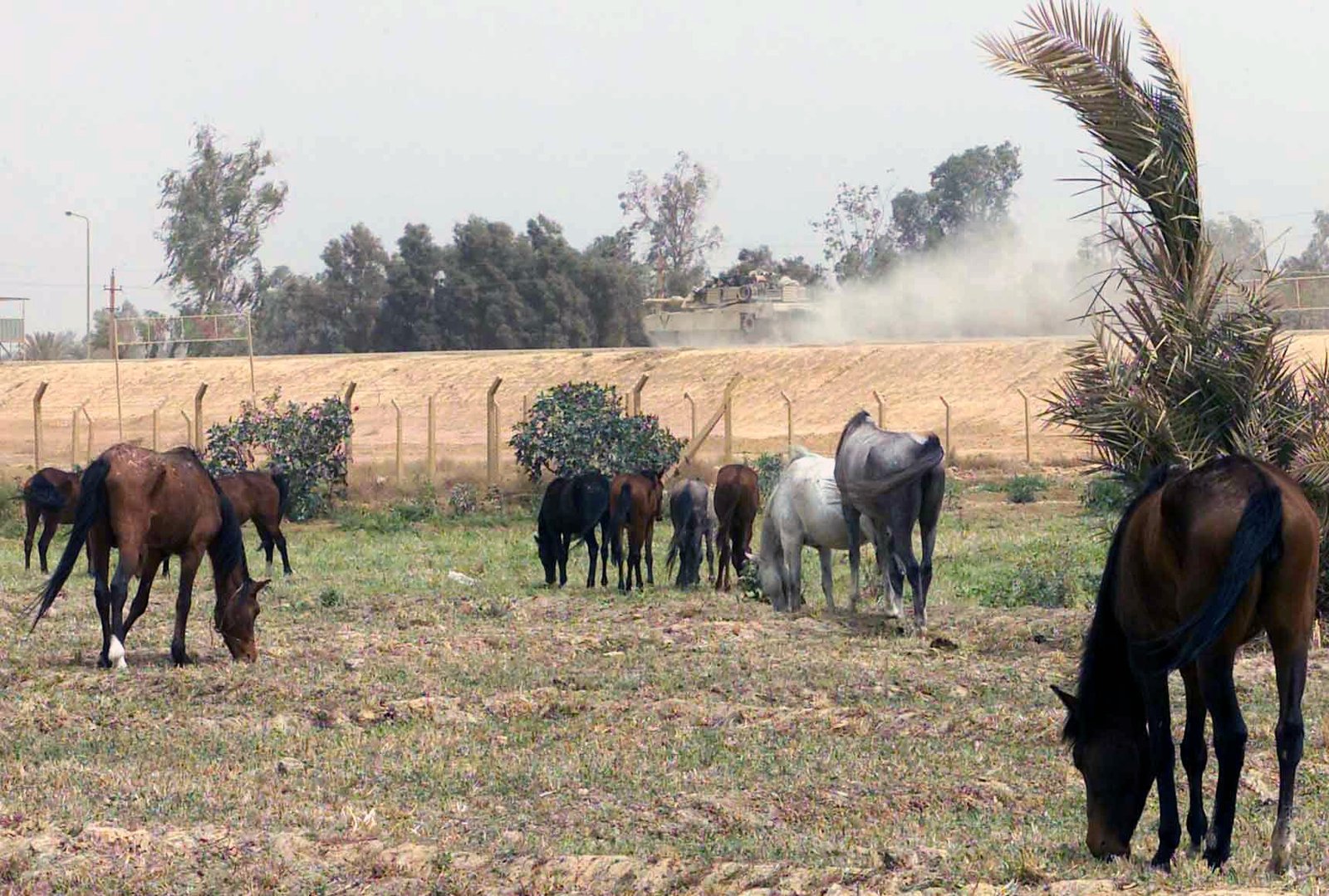
Many horse owners strive to find a balance between freedom and the stability of stables. This hybrid approach allows horses to enjoy the best of both worlds. They can roam free during the day, interacting with their peers and engaging in natural behaviors, and return to the safety and comfort of a stable at night. It’s a harmonious blend, much like having a job one loves and returning to a cozy home afterward.
Listening to the Horse
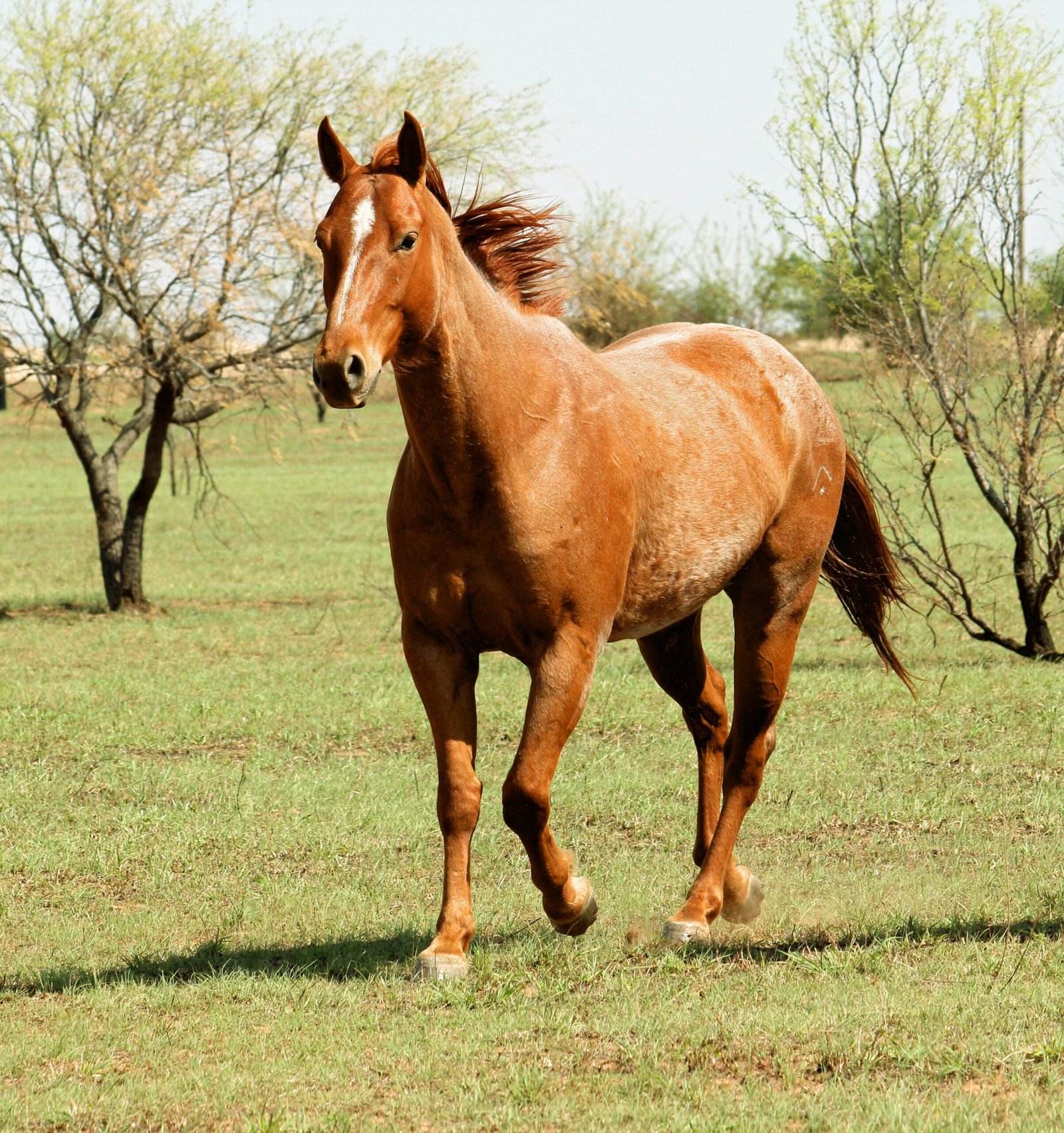
Ultimately, the decision of whether a horse should live free or in a stable should be guided by the individual horse’s needs and temperament. Some horses thrive in open spaces, while others prefer the security of a stable. Observing their behavior, understanding their preferences, and adjusting their living conditions accordingly is key. It’s like tuning into the subtle cues of a friend to understand what truly makes them happy.
The question of whether horses should live free or in stables doesn’t have a one-size-fits-all answer. Both lifestyles have their merits and challenges. As stewards of these magnificent creatures, it’s our responsibility to ensure their happiness and well-being, taking into account their unique personalities and needs. By doing so, we honor the spirit of the horse, ensuring they lead fulfilling and contented lives.

